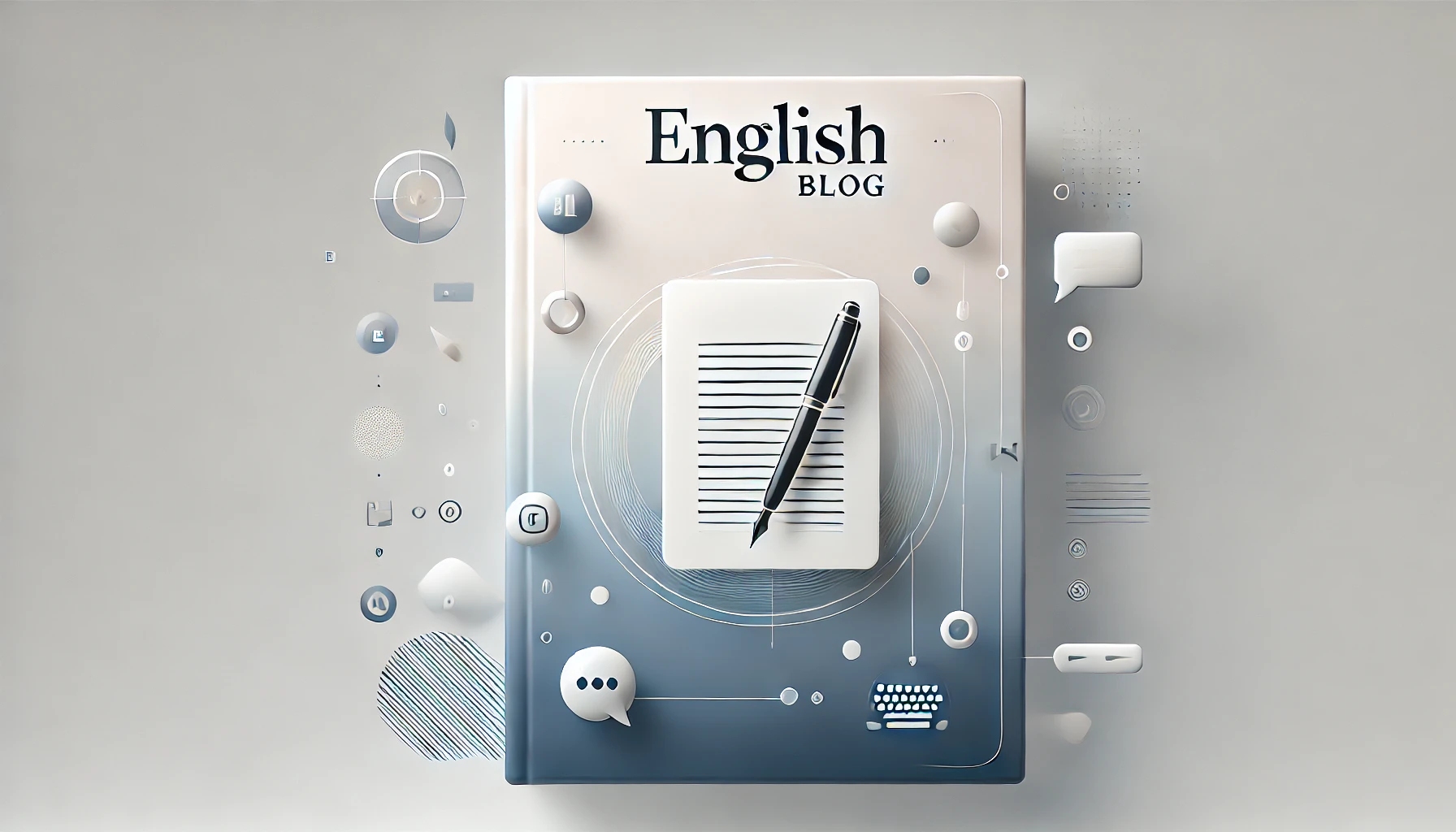状语从句(Adverbial Clause)是用来修饰动词、形容词或整个句子的从句,通常表示时间、地点、原因、条件、目的、结果、对比等。状语从句在句子中起到状语的作用,回答什么时候、为什么、在哪里、如何等问题。
常见的状语从句类型
时间状语从句(when, before, after, as soon as 等)
例句:
"I will call you when I arrive."
(从句 when I arrive 说明了主句的动作发生的时间。)
地点状语从句(where, wherever)
例句:
"We will meet wherever you want."
(从句 wherever you want 表示动作发生的地点。)
原因状语从句(because, since, as)
例句:
"She left early because she wasn't feeling well."
(从句 because she wasn't feeling well 说明了主句的原因。)
条件状语从句(if, unless, provided that)
例句:
"I’ll help you if you need me."
(从句 if you need me 表示条件。)
目的状语从句(so that, in order that)
例句:
"He studied hard so that he could pass the exam."
(从句 so that he could pass the exam 表示主句的目的。)
结果状语从句(so...that, such...that)
例句:
"She was so tired that she couldn't stay awake."
(从句 that she couldn't stay awake 表示结果。)
让步状语从句(although, though, even if)
例句:
"I went out although it was raining."
(从句 although it was raining 表示一种让步,即尽管下雨,还是出门了。)
方式状语从句(as, as if, the way)
例句:
"Do it the way I showed you."
(从句 the way I showed you 表示如何做这件事的方式。)
总结:
状语从句修饰主句,提供时间、地点、原因、条件等信息。
这些从句通常由连词(如 when、because、if、so that 等)引导。

